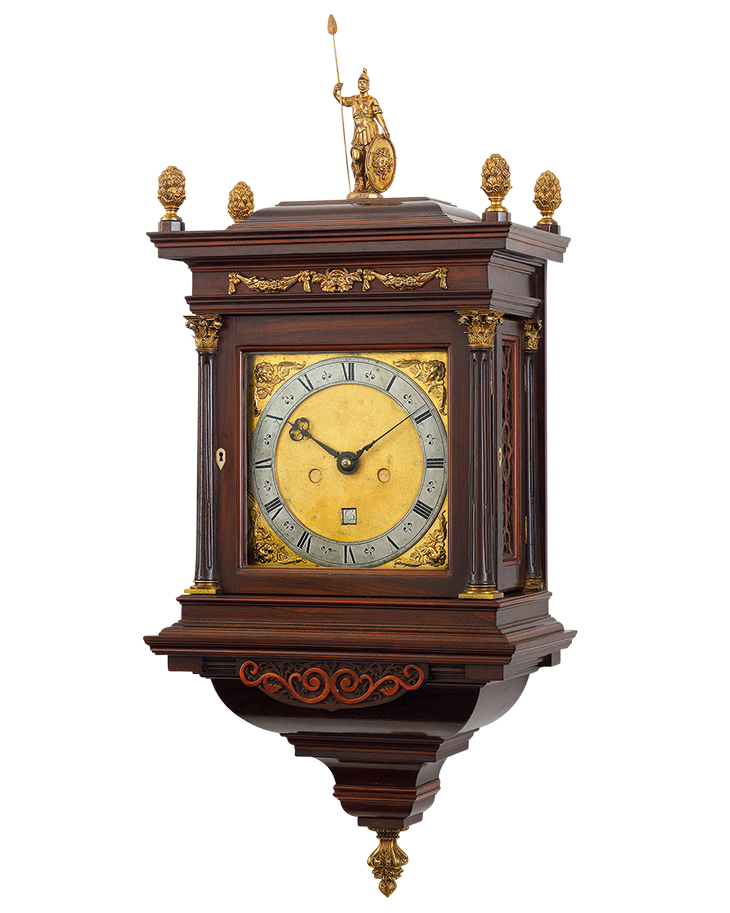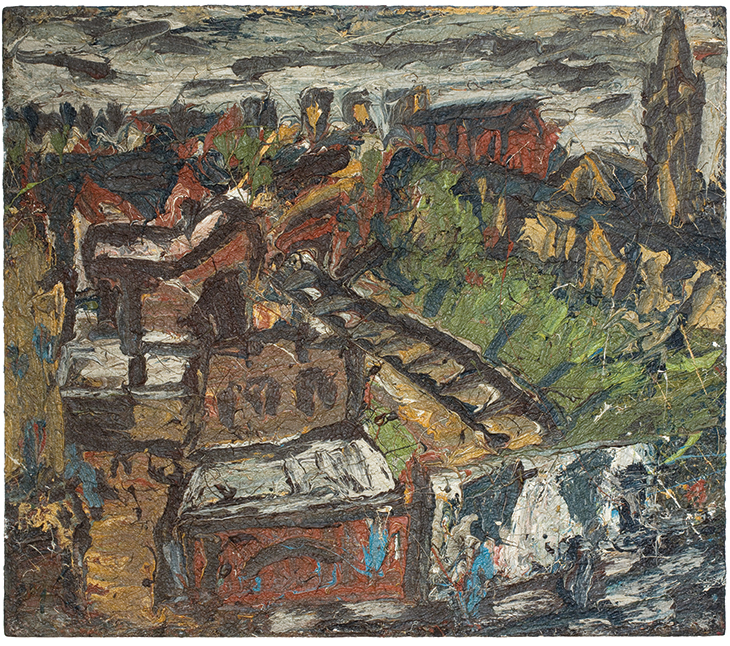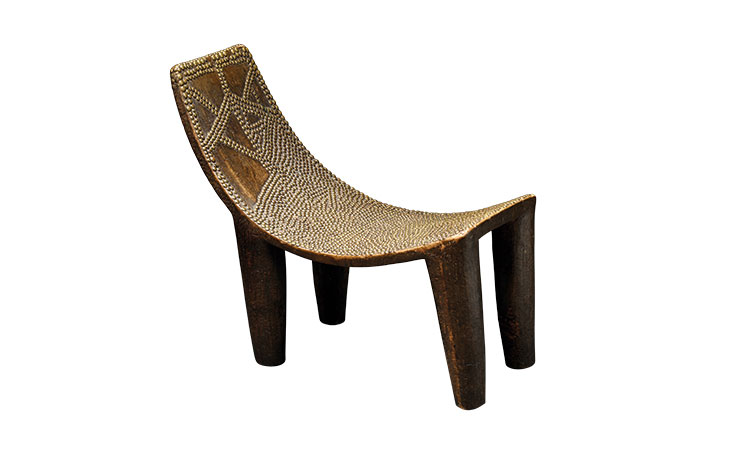Though many will have hoped that Masterpiece could return to its physical form this year, it feels far-fetched, at a time of socially distanced gallery appointments, to imagine ourselves in its bustling tent. Instead, we are being eased back to business as usual with a hybrid approach. Some 120 exhibitors will present up to nine objects each on Masterpiece’s new online platform (24–27 June), with many of these same pieces going on view at corresponding gallery shows.
Jonathan Carter of Carter Marsh & Co., specialising in antique clocks, isn’t too fazed by the shift online. ‘Our experience over the last 18 months is that if you have good objects, you can sell them,’ he says. ‘We sold a couple of very good things at Masterpiece Online last year, which surprised me because normally people need to be standing in front of an object.’ He has particular reason to feel confident this year, as he offers a first glimpse of the ‘most important collection of English clocks to come on the market in living memory’.
The Minerva Fromanteel (c. 1665), made by John Fromanteel, London. Carter Marsh & Co. (£375,000)

Collected by inventor and horologist John Taylor, 25 of the clocks will go on view at Ronald Phillips in Mayfair before travelling to Carter Marsh & Co. in Winchester. The timepieces make up a greatest hits of English clockmaking, starting with 17th-century rivals Edward East and the Fromanteel family (Fig. 3), who introduced to Britain the first pendulum to accurately measure time. A sundial by Thomas Tompion from c. 1710 is exceptionally rare, with two of the other five known examples in the royal collection.
Dalston Lane, Summer, 1974 (1974), Leon Kossoff. Piano Nobile (price on application)

Among the exhibitors of fine art, Piano Nobile brings a hazy vision of Dalston by Leon Kossoff. Christopher Kingzett presents works on paper by modern British artists, including two David Hockney sketches and a barbarous landscape by Graham Sutherland. Meanwhile, an idealised marble torso of Apollo from the 2nd century AD stands out among David Aaron’s ancient and classical offerings.
‘Masterpiece is the peak of our year,’ says Patrick Mestdagh, who has been participating since 2013. When it comes to online fairs, he believes it important to manage expectations but hopes to make some new contacts. Earlier this year Mestdagh was a guest on Masterpiece’s podcast ‘Encountering Beauty’, which delves into artworks and objects through a focus on materials. He spoke about wood, and continues this theme with a presentation of wooden works from Africa, Oceania and Asia. ‘We love to mix the provenance or origins of the pieces to try and find a link between them,’ he says. Highlights include a painted canoe splashboard from the Tami Islands of Papua New Guinea and a 19th-century Congolese chair decorated with nail tacks.
Royal chair (19th century), Ngombe people, Democratic Republic of Congo. Patrick & Ondine Mestdagh (approx. £25,000)

Carpenters Workshop Gallery, which returns to the fair after a hiatus, will present only lighting. Co-founder Loïc Le Gaillard says: ‘We wanted to do something impactful, at a reasonable price point, in light of this year’s format.’ Atelier van Lieshout’s New Family Lamp (2020) has a cubic corten steel stand that resembles a couple and two children. ‘At the fine line between art and design, it’s what Carpenters Workshop is all about,’ says Le Gaillard. He welcomes digital platforms as a means to introduce collectors to objects like these, and has produced videos that ‘dive into artists’ studios to explain the meaning and complexity of their works’. He adds, ‘the online experience is always hit and miss, but I think we ought to try it and experience new things’.
Masterpiece Online takes place from 24–27 June.
From the June 2021 issue of Apollo. Preview and subscribe here.



